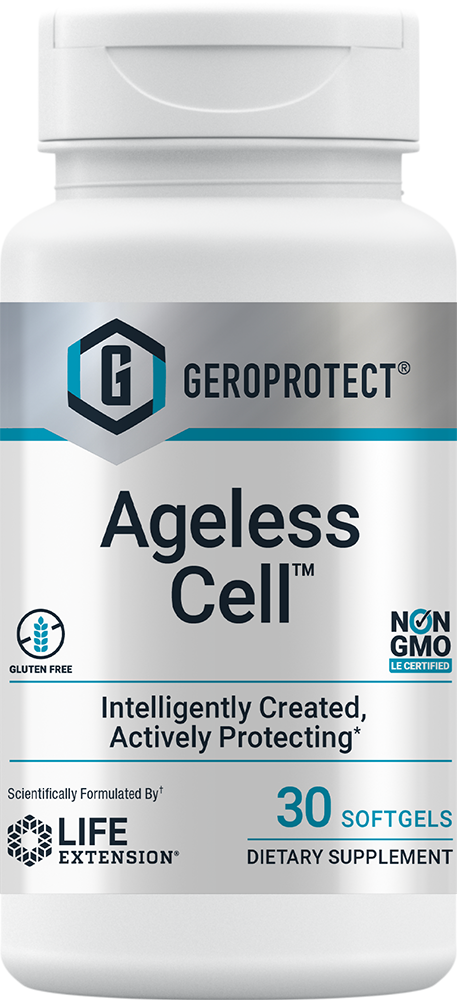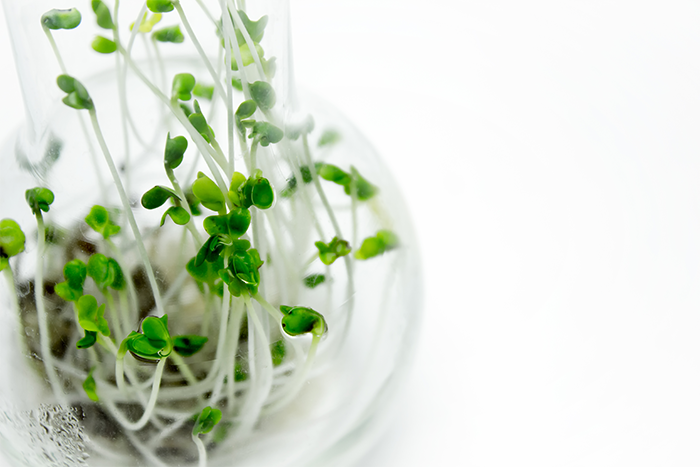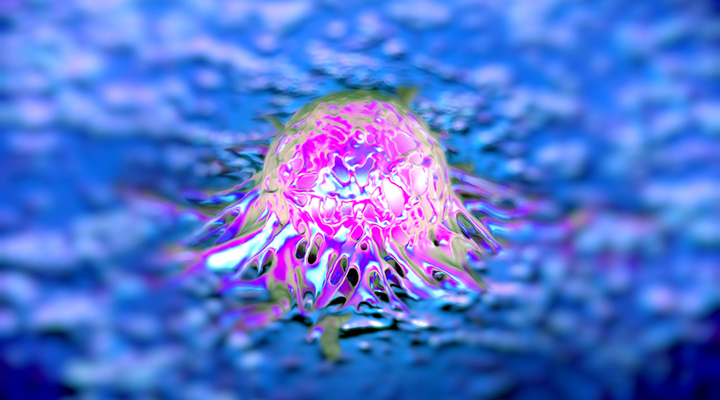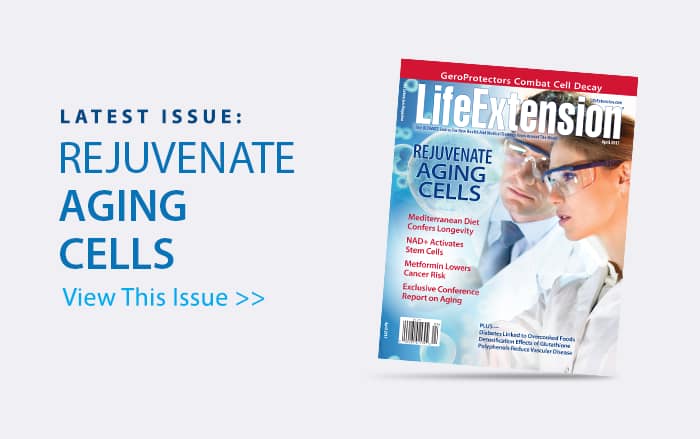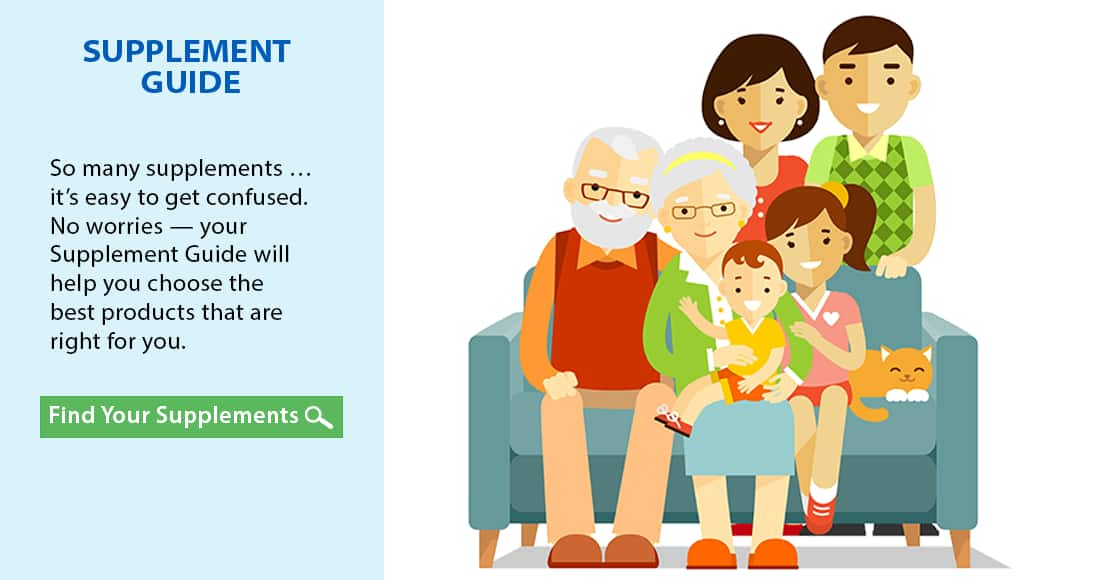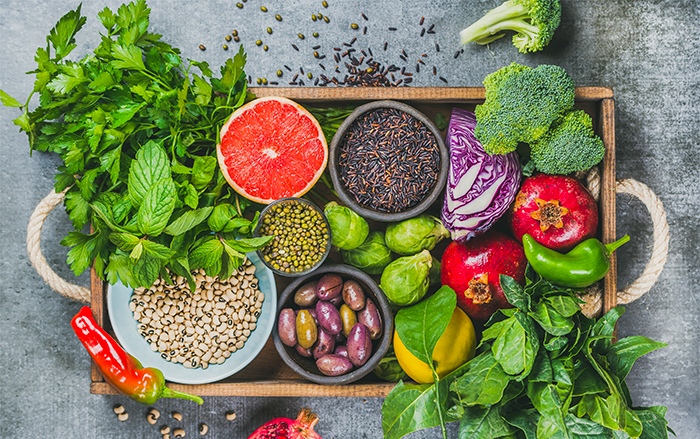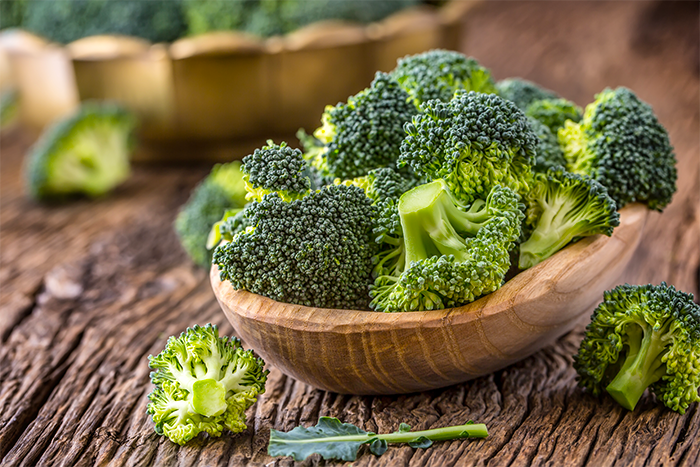Tuesday, April 4th, 2017
The April, 2017 issue of the Journal of Nutritional Biochemistry published the finding of researchers at Oregon State University of a mechanism for sulforaphane (a compound formed when Brassicaceae family vegetables such as broccoli are chopped or chewed) in the prevention of prostate cancer. The researchers determined that sulforaphane can influence the expression of long noncoding ribonucleic acids (RNAs) involved in cancer.
Once believed to be a type of "junk" genetic material, long noncoding RNAs produced in human cells do not encode proteins as does messenger RNA. While the molecular functions of many long noncoding RNAs are still being explored, some have been identified as being dysregulated in cancer cells. Several studies have demonstrated their involvement in the development of prostate cancer.
Acting on the knowledge of sulforaphane's cancer preventive and suppressive properties, Emily Ho of Oregon State's Linus Pauling Institute and colleagues investigated whether long noncoding RNAs could be a target of sulforaphane. By analyzing the RNA of normal human prostate epithelial cells and prostate cancer cells treated with a control substance or sulforaphane, they found that sulforaphane affected the expression of approximately 100 long noncoding RNAs in each cell type and normalized some of those that were differentially expressed in the cancerous cells.
"Knockdown" of the noncoding RNA gene LINC01116, which is overexpressed in several cancers and repressed by sulforaphane, resulted in a reduction in the proliferation of the prostate cancer cells and upregulation of genes that regulate glycolysis, autophagy and chromatin structure (all of which are of significance in cancer). Disruption of LINC01116 was associated with a four-fold decrease in the cancer cells' ability to form colonies.
"We established that the long noncoding RNA LINC01116 is upregulated in a human prostate cancer cell line, is decreased by sulforaphane treatment and promotes cell proliferation in a human cancer cell line," Dr. Ho and her associates write. "We presented data that support sulforaphane as a promising dietary anticancer agent and indicate that it may exert its chemopreventive effects through multiple mechanisms, including regulation of long noncoding RNA expression. More broadly, our data reinforce the idea that long noncoding RNAs are an exciting new avenue for chemoprevention research, and chemicals derived from diet can alter their expression."



